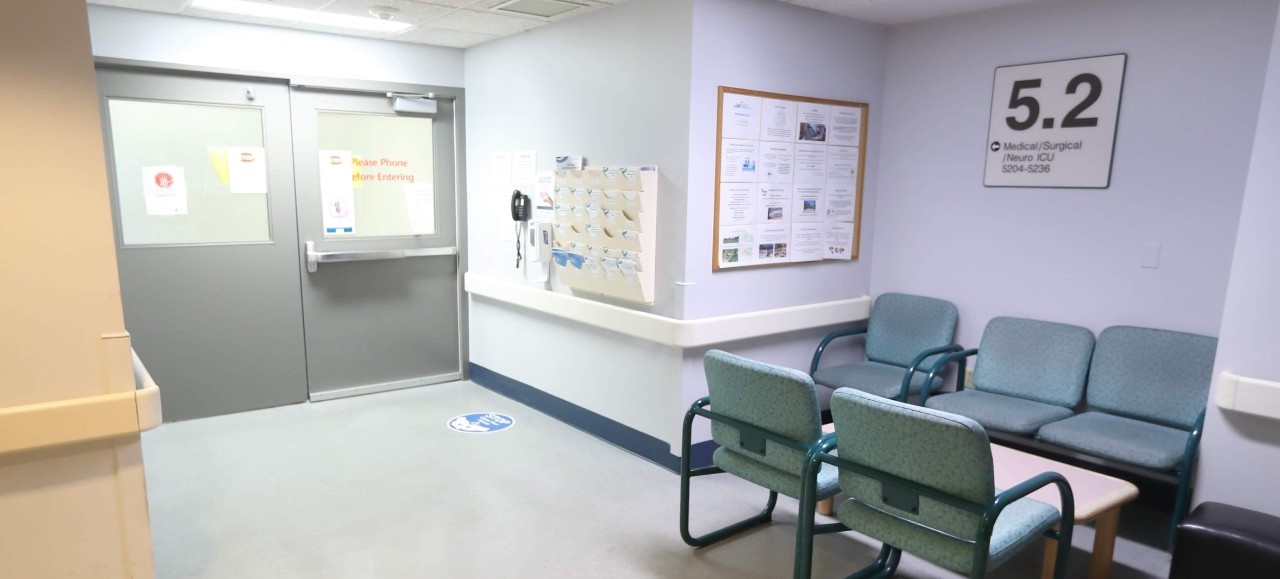Subspecialty Training Program
Close collaboration with exceptional faculty
If you’ve already completed a residency related to critical care, consider honing your knowledge by participating in Dalhousie’s subspecialty training program in adult critical care medicine. Each year, we admit two exceptional candidates into our two-year program.
Accredited by the Royal College of Physicians and Surgeons of Canada, this program offers the successful applicants individualized attention from exceptional faculty members, deep exposure to critical care medicine and leading simulation-based learning.
Our Program Director Dr. Sarah McMullen and our Program Administrator Leigh Purcell have a passion for delivering education that works for the learner. Should you have any questions relating to our Adult Critical Care Training program please feel free to contact them via Leigh at leigh.purcell@nshealth.ca.
